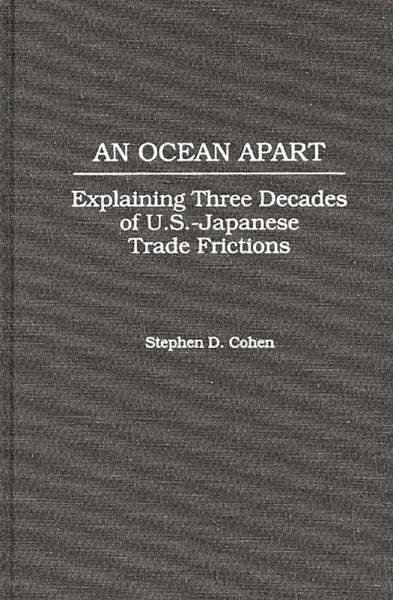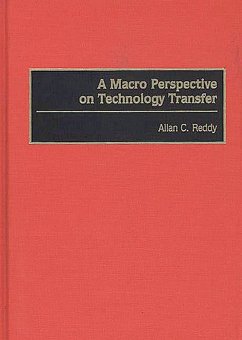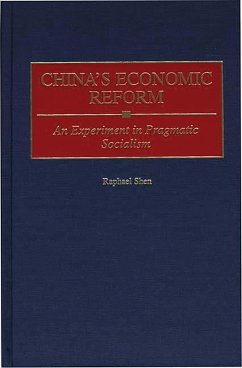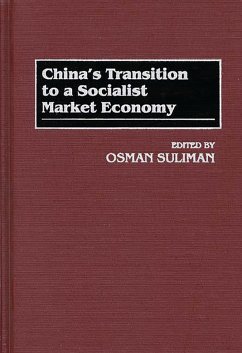
An Ocean Apart (eBook, PDF)
Explaining Three Decades of U.S.-Japanese Trade Frictions
Versandkostenfrei!
Sofort per Download lieferbar
59,95 €
inkl. MwSt.
Weitere Ausgaben:

PAYBACK Punkte
30 °P sammeln!
Closing a critical gap in the literature examining the strained relationship between the U.S. and Japan, this book synthesizes the economic, political, historical, and cultural factors that have led these two nations, both practitioners of capitalism, along quite different paths in search of different goals. Taking an objective, multidisciplinary approach, the author argues that there is no single explanation for Japan's domestic economic or foreign trade successes. Rather, his analysis points to a systemic mismatch that has been misdiagnosed and treated with inadequate corrective measures. Th...
Closing a critical gap in the literature examining the strained relationship between the U.S. and Japan, this book synthesizes the economic, political, historical, and cultural factors that have led these two nations, both practitioners of capitalism, along quite different paths in search of different goals. Taking an objective, multidisciplinary approach, the author argues that there is no single explanation for Japan's domestic economic or foreign trade successes. Rather, his analysis points to a systemic mismatch that has been misdiagnosed and treated with inadequate corrective measures. This systemic mismatch in the corporate strategy, economic policies, and attitudes of the U.S. and Japan created and is perpetuating three decades of bilateral economic frictions and disequilibria. As long as both the U.S. and Japan deal more with symptoms than causes, bilateral problems will persist. This book's unique analysis will encourage a better understanding on both sides of the Pacific of what has happened, is happening, and will continue to happen if corporate executives and policymakers in the two countries do not better realize the extent of their differences and adopt better corrective measures.













